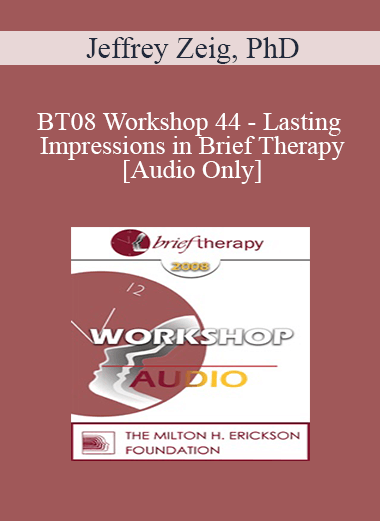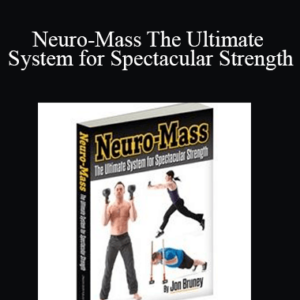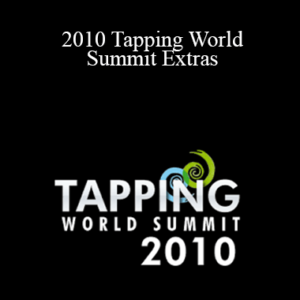- Topic Areas:
- Workshop
- Category:
- Brief Therapy Conference | Brief Therapy Conference 2008
- Faculty:
- Jeffrey Zeig, PhD
- Duration:
- 2:04:07
- Format:
- Audio Only
- Original Program Date :
- Dec 14, 2008
Description
Description:
Changing mood and perspective is central in brief therapy. Experiential methods can be more immediately effective than traditional didactic approaches. All art is, by definition, “experiential.” Altering mood and perspective is the point of it – whether drama, painting, literature, dance or music. Movies use multilayered methods for change. The viewer is often unaware of the intricate dramatic, experiential techniques that filmmakers use to exert influence. Social psychology studies the way in which people are influenced outside of awareness. Contextual markers and demand characteristics are some of the areas of social psychology that are investigated to understand human responsiveness. Concepts from filmmaking and social psychology can advance the practice of brief therapy. In this workshop we will explore the lens of the filmmaker and social psychologist in order to elucidate experiential clinical approaches, especially those influenced by Milton Erickson.
Educational Objectives:
- To list three filmmaker methods that can be used in psychotherapy.
- Given a therapy goal, describe a method to make it more effective by appealing to the client’s visual system.
*Sessions may be edited for content and to preserve confidentiality*







